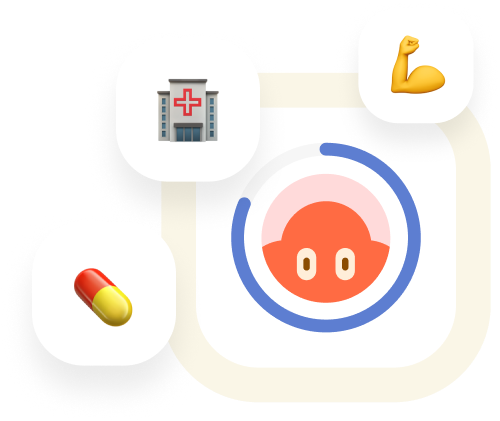Full disclosure I’m not a diagnosed autistic, but I’m am diagnosed with ADHD and DEFINITELY HAVE SENSORY ISSUES.
I’m going to outline what it’s like for me, and it might be different for you, so you can determine whether this is helpful.
I break the experience into 4 phases.
1) light overload: honestly this is usually where I am. This is AHHHH that noise or EECH bright light, but over all I can deal. I can use tactics such as subtle stimming or focusing on singular sitimuli to minimize discomfort.
2) “I am in overload”: this when I’ll have a headache/stomach ache. The urge to stimm is intense and often leads me to count random repeating things to ground myself (steps, subtle noises, flickering lights, ect). I can be in this state on the lower side for days and somewhat ignore it. I’m also generally more irritable and will spend more time alone in the dark when in this state. On the sever end I will struggle to go to classes, look at computer screens, or exist in the world. The sever end of this is the point where I know I can’t ignore it anymore.
3) premeltdown/shutdown: the “one more thing and ill snap” feeling. Often I can’t even walk down the street without starting to hyperventilate and pacing within my step. When people try to talk to me I’ll get stuck repeating the same thing. Everything hurts and my nerves start to burn. At this point if I am able to get to a “safe space” I can generally avoid a meltdown, but a shutdown is still likely or if not extreme overload is basically ensured. There is a point that is hard to define within this range that is the “point of no return”. Often it’s if that one more thing happens.
4) meltdown: I have max 2 min to get myself somewhere bc I’m done. I can almost always avoid this point and haven’t had a meltdown in public since I was a kid (it was just a temper tantrum to everyone then). I now feel as though I cannot be in my skin for another second, I can barely breathe, everything is crashing around me. I have ripped shirts in high school trying to get them off my body in meltdowns. There’s this utter terrifying feeling of not knowing what to do to make it stop and having very little control on my actions. I literally have nightmares about meltdowns.
However I am able to keep myself from melting down most of the time. I am more likely to shut down, which I prefer bc even though I feel trapped like I can’t do anything it’s less distressing. Most the time I end up in hours of severe overload where I have full control of my choices, just very little options bc everything is distressing. Still preferable.
Usually I try to recognize when I am in stage 2 and intervene. I’ll self regulate by doing a little stim sesh or creating a hypo sensitive environment. (Either going into a closet, or tenting a blanket on my head). I’ll usually watch one of my favorite TV shows and take a sensory break. I started doing this for a couple hours a day in middle school before I knew why i was doing it and it helped me a lot.
Sometimes it’s not prolonged overload though. If I’m at a baseline of 1 borderline 2 and I touch mushy food without knowing it, I get trapped in a loud stuffy environment, or god forbid have a little “want to be neurotypical moment” and go to a party, I can shoot myself to 3 or even 4 real fast. For me, the best thing to do then is to try and avoid my “sudden overload” triggers.
I’m also quite fortunate that usually the faster I shoot up, the faster I can come down. So if I shutdown from touching food I’ll be shaking in the ground unable to move or talk for 1-1.5 min with little recovery time. For me sudden shutdowns/meltdowns are embarrassing, but not debilitating.
So to recap the main tips: recognize your body and what that means in relation to sensory issues, learn to recognize when you need to regulate to help maintain a livable baseline, avoid major triggers/use sensory aids to the best of your ability, and if you meltdown/shut down/severe overload recognize that you did you best and do what you need to do to recover.
I’m not sure if that is any help, but I hope it is!! <3





